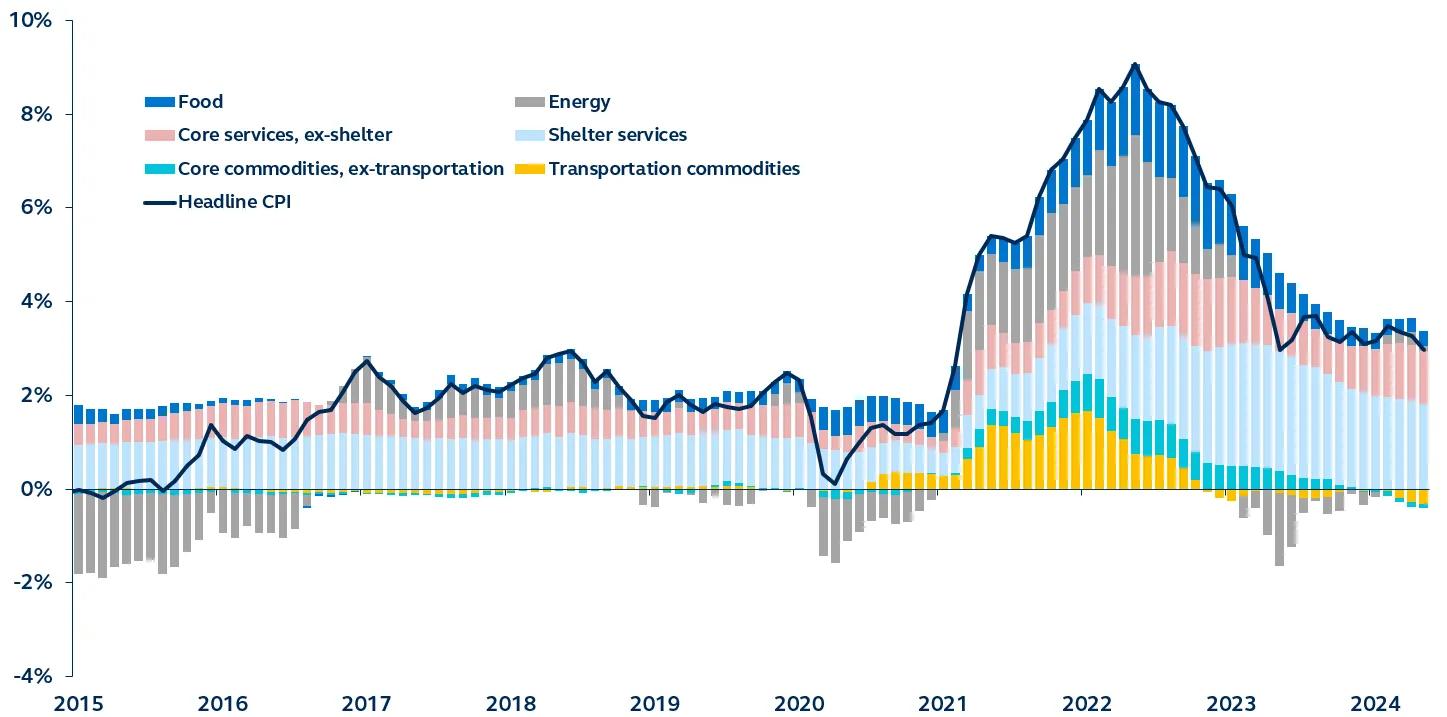The 2024 U.S. election
Calls from senior members of the Democratic party finally became too great this past weekend, with President Biden bowing out of the 2024 U.S. Presidential race. He will not be seeking a second term.
The word from Washington D.C. the past few weeks, which became louder following the President’s much maligned debate performance in late June, was that a shakeup of the Democrat’s ticket may be coming. Now, with President announcing via social media on Sunday that he would be bowing out, and by endorsing Vice President Kamala Harris, it sets in motion a series of fairly unprecedented challenges facing Democrats ahead of their national convention, starting August 19 in Chicago.
Regardless of who faces off against former president Donald Trump in November, the U.S. political climate has rarely felt more polarized. With daily headlines highlighting concerns over inflation, persistent economic fears, and ongoing disputes in Washington regarding the budget, immigration, and foreign policy, it is also entirely natural for investors to worry about the lasting impact of politics on markets, the economy, and their portfolios.
Luckily however, we get to witness that impact on investing every four years in the United States. And since 1933, the S&P 500 has averaged double-digit gains, whether Democrats or Republicans occupy the White House. So, while the political unknowns faced between now and November 5 will undoubtably overwhelm, and the candidates will make galvanizing speeches touting the merits of their policies, and the flaws of their opponents, it's important for investors to stay focused on their long-term goals, and not get swayed by short-term political rhetoric.
What is the path forward for the Democrats?
Not since Lyndon Johnson in 1968 has an eligible incumbent president not advanced to represent their party for the general election.1 When then-president Johnson announced that he would not seek re-election, it was in late March of 1968 – a full 4 months earlier than President Biden just did. Needless to say, the timeline for the Democrats today to agree to a candidate and run a campaign is significantly compressed.
While Vice President Harris has received Biden’s endorsement and significant public support from convention delegates, she is not yet officially the party’s nominee. Here are the likely next steps for Democrats, and Harris, as outlined by AP Reports.

